All dog safety Articles

Protecting Your Pet from Drowning: Essential Safety Tips for Summer
As summer rolls in with pool parties and beach trips, it's important to remember a hidden danger—pet drowning. Every year, countless pets lose their lives in water-related accidents, many of which go unreported. The good news is that these tragedies can often be prevented with a few simple safety measures and a little extra awareness.
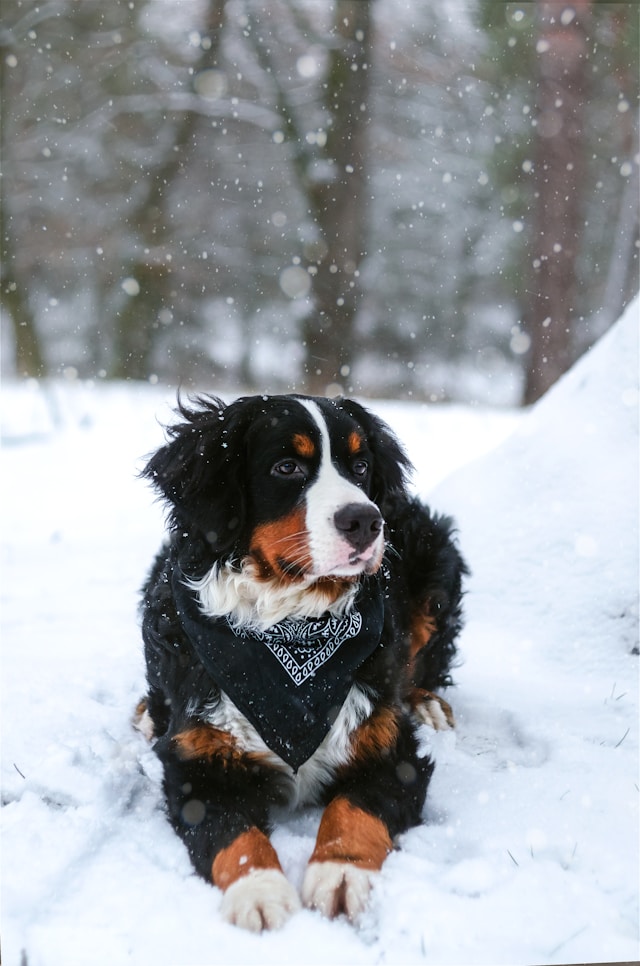
10 Winter Hazards for Outdoor Pets
Health issues like diabetes, kidney disease, heart problems, and hormonal imbalances can make it harder for your pet to stay warm. Keeping your outdoor pets safe and comfortable during the colder months is super important. Here are ten common winter dangers you should keep an eye on: Want me to keep going and rewrite the whole piece?
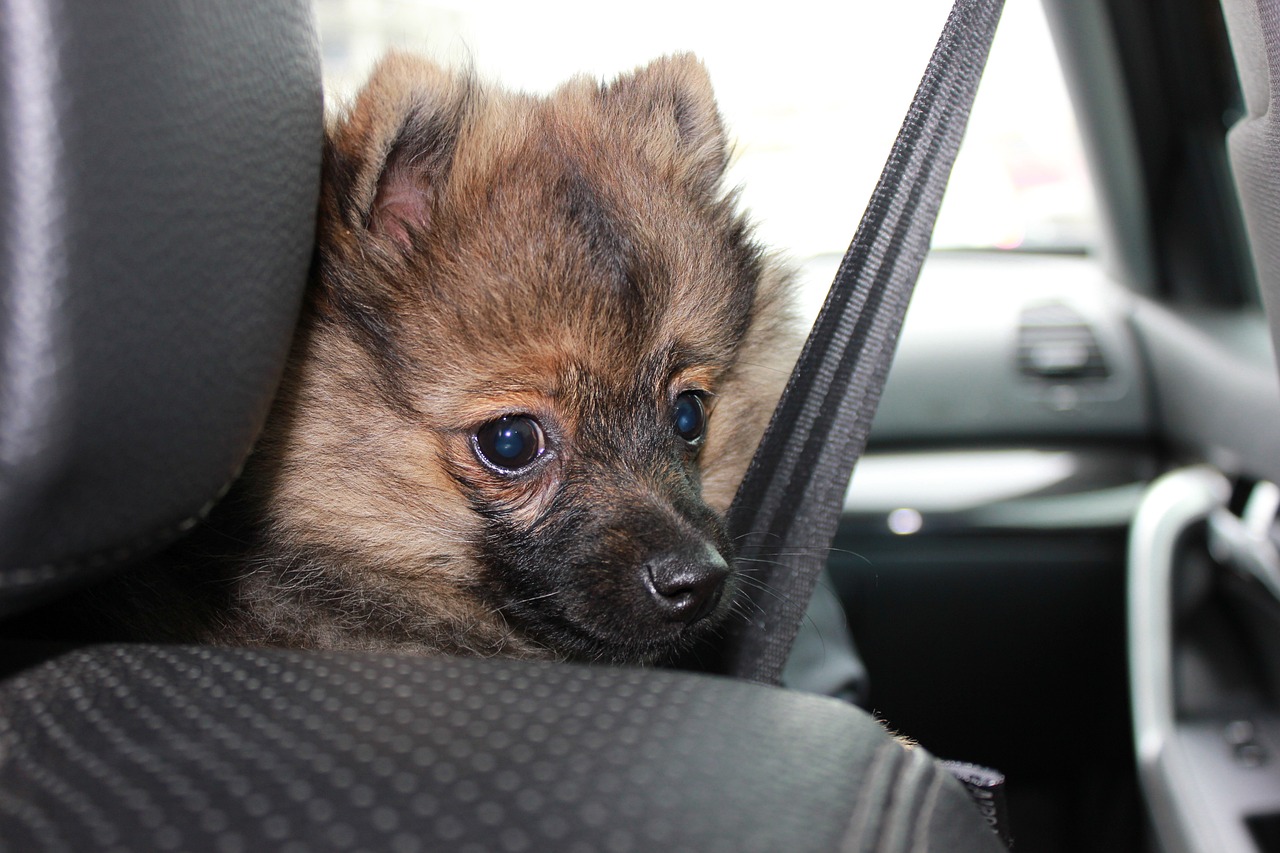
Ensuring Pet Car Safety
Keeping smaller dogs and cats safe during car rides is so much easier when they’re in carriers instead of sitting on your lap or roaming around the backseat. Carriers are designed to be lightweight and easy to carry, and the best ones come with a strap that you can secure with a seatbelt, giving you extra peace of mind while you’re on the road.
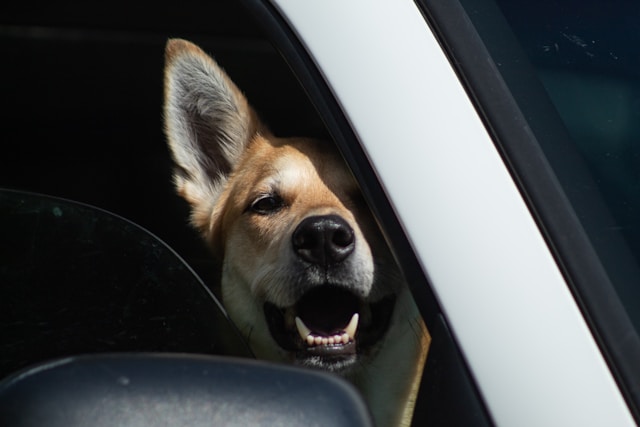
Protecting Pets from Hot Car Dangers
Although there aren’t exact numbers on how many pets die from heat exhaustion in cars each year, countless news stories have highlighted this heartbreaking and completely avoidable problem.
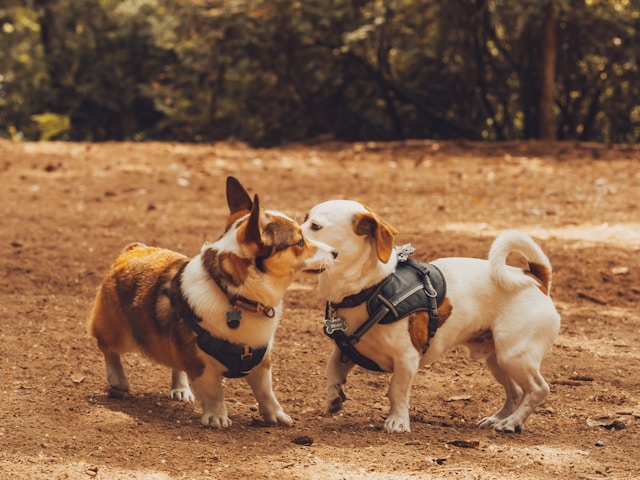
Dog Park Etiquette
Sometimes, it's not the dogs causing trouble at the park—it's the owners. You’ve got the ones who can’t seem to keep their pets under control, those who ignore their dog’s mess like it’s someone else’s problem, and then there are the folks who act like they run the whole park. More often than not, it’s the people, not the pups, making things complicated.
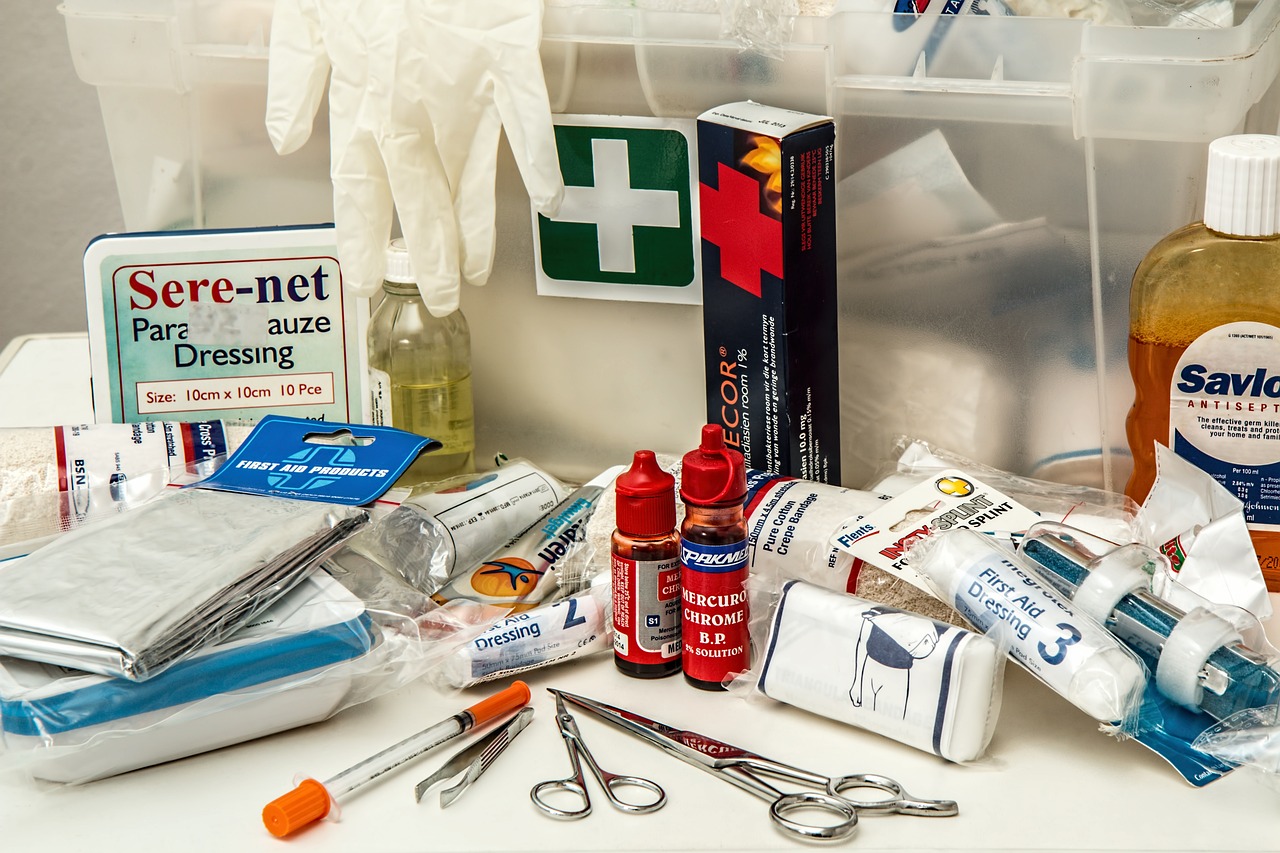
First Aid Checklist For Your Pet
Are you ready to handle a pet emergency? Imagine if your dog accidentally ate chocolate, your cat suddenly had a seizure, or your furry friend was struggling with overheating on a brutally hot day. Knowing some basic first aid can make all the difference—it helps you stay calm, think clearly, and take the right steps when every second counts.
Get insurance plans with wide-ranging coverage options






